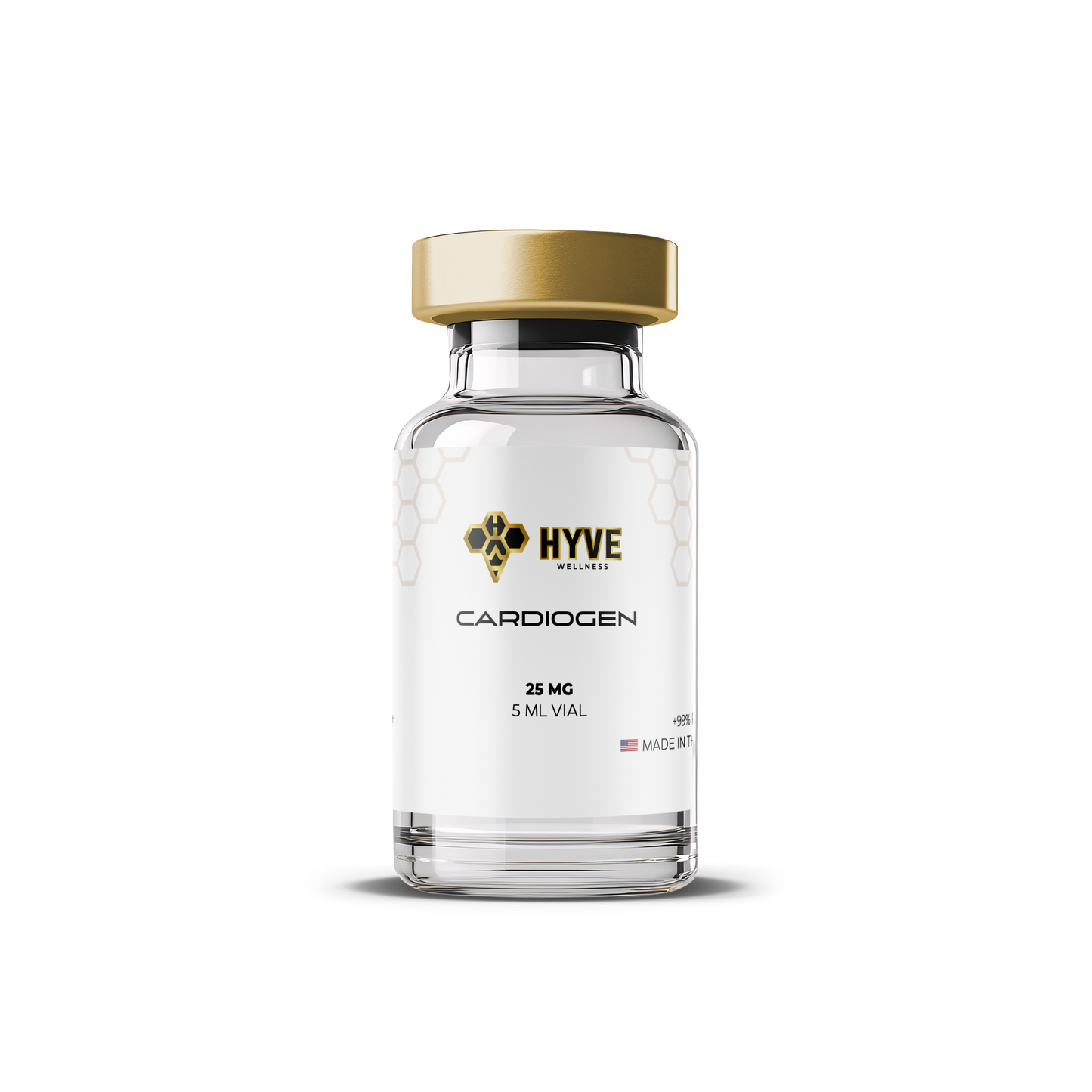
ALL ARTICLES AND PRODUCT INFORMATION PROVIDED ON THIS WEBSITE ARE FOR INFORMATIONAL AND EDUCATIONAL PURPOSES ONLY. The products offered on this website are furnished for in-vitro studies only. In-vitro studies (Latin: in glass) are performed outside of the body. These products are not medicines or drugs and have not been approved by the FDA to prevent, treat or cure any medical condition, ailment or disease. Bodily introduction of any kind into humans or animals is strictly forbidden by law.
All articles, product descriptions, and information provided on this website are intended solely for informational and educational purposes. The products offered are strictly for in-vitro research and laboratory use only. "In-vitro" refers to studies conducted outside of the body, such as in a controlled laboratory setting (e.g., in glassware or test tubes). These products are not intended for human or animal consumption, and any bodily introduction is strictly prohibited by law. They are not medicines, drugs, or therapeutic treatments and have not been evaluated or approved by the U.S. Food and Drug Administration (FDA) to diagnose, treat, cure, or prevent any disease or medical condition. Misuse of these products is strictly against the law and company policy. Always handle these materials responsibly and in accordance with applicable regulations.




